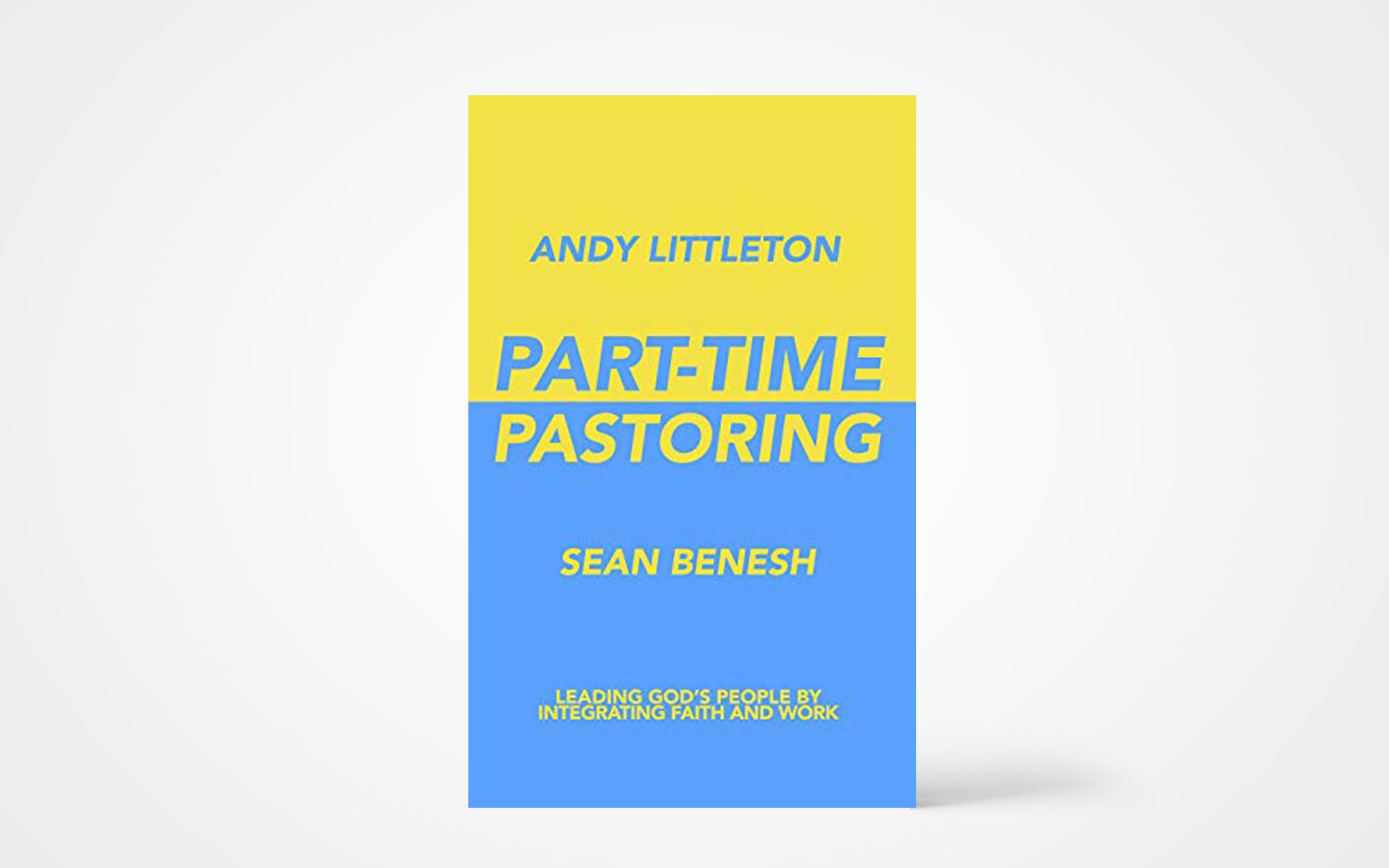Andy Littleton has been involved in some form of ministry since the age of 18, when he became a youth ministry leader at his home church in Tucson, Ariz.
But for most of that same time period, the founding pastor of Mission Church, a congregation affiliated with the CRC, also has worked outside of church to support himself—whether selling car stereo equipment or, more recently, starting his own handyman business and retail shop.
Meanwhile, Sean Benesh trains church planters, pastors, and missionaries through his organization, Intrepid, based in Portland, Ore. But he also teaches at two local universities, co-leads an academic journal, and once ran a highly successful coffee roasting business.
Together, the two have co-wrote Part-Time Pastoring: Leading God’s People Through Faith and Work. They see part-time pastoring as an increasing trend in Christianity, particularly as the West moves toward being a post-Christian society.
“Sean and I wrote this book because we have lived the part-time life for a while, and realized that we were blazing trails,” Littleton writes in the book’s introduction. “We wrote this book because we wish somebody would have sat us down and worked out the benefits and pitfalls with us a long time ago. We wrote this book because we wanted to encourage you to consider this bivocational life but also come at it with eyes wide open.”
The authors take turns sharing their stories of balancing pastoral ministry with other vocational interests. They point out that their work outside of church is an important part of their ministry. Littleton once considered selling his handyman business but decided not to because he sees it as a huge part of his ministry.
“Through the business, I meet a lot of people who don’t know Jesus, and I have an extra level of connection with the people who work in my company,” he writes. “I’ve come to the conclusion that letting my ‘part-time’ job go would actually diminish my calling as a minister of the gospel to my city.”
The authors also confront the idea that bivocationalism isn’t necessarily celebrated in the church, that there’s a sense of failure for those who have a job outside of ministry.
“It’s (seen as) almost a consolation prize for those who cannot land ‘real’ ministry gigs or who are hoping their new church plant will grow to the point where they no longer have to work two jobs,” Benesh writes.
Littleton adds that in most of the world, church planters and missionaries work so-called “regular” jobs by day and do ministry on the side. He cites the story of the apostle Paul, who supported himself by making tents and sometimes had challenges making ends meet. “To this very hour we go hungry and thirsty, we are in rags, we are brutally treated, we are homeless. We work hard with our own hands” (1 Cor. 4:11-12a).
The authors urge anyone reading the book who might be thinking about part-time pastoring to not try to follow any one particular model for starting a ministry. Benesh says “there is no one-size-fits-all template” for part-time ministry.
I highly recommended Part-Time Pastoring for seminary students, for people who are thinking about going into professional ministry after working in other vocations, and even for pastors who might be thinking about a change in their careers. (Intrepid)
About the Author
Greg Chandler is a freelance news correspondent for The Banner. He lives in Grand Rapids, Michigan.

